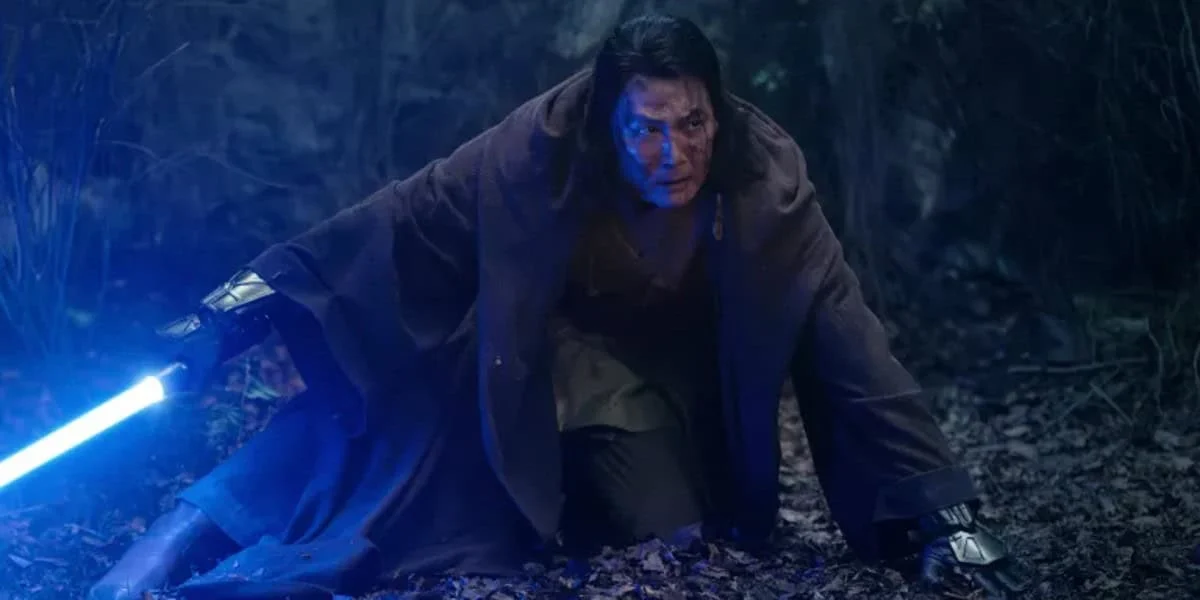Disney Fired Her for Calling a Coworker a ‘White Man,’ She’s Suing Lucasfilm for Discrimination
Background of the Case
Sadi Khan, notable for being the first woman of color to lead health and safety on a Walt Disney series, has initiated legal action against Disney’s subsidiary, Blue Stockings, a part of Lucasfilm. Her termination from the production team of The Acolyte has raised significant concerns regarding workplace discrimination and safety protocols. The dismissal reportedly followed an incident in which Khan referred to a coworker as a “white man.”

Khan’s firing occurred in the United Kingdom, where both The Acolyte and Disney’s live-action film Snow White were filmed. The British government provides substantial tax incentives for film production, encouraging companies like Disney to increase their filming activities within the country. This regulatory environment has vastly influenced the filmmaking landscape, but despite the benefits, the operational culture draws scrutiny when allegations of discrimination surface.
Details of the Lawsuit
In her lawsuit, Khan alleges that her termination resulted from a hostile work environment marked by race and gender discrimination. She claims that after expressing concerns over unsafe working conditions on the set, she was subjected to harassment, culminating in her being passed over for a promotion in favor of a male colleague hired shortly after she raised her safety concerns. The complaint emphasizes the violation of her rights and highlights the “intimidating” atmosphere following her reports on safety risks.

Khan’s allegations also detail instances where she felt isolated and marginalized, particularly after she informed coworkers that the hiring of a “white man” for her previous position reflected discrimination against her. By calling attention to the optics of the situation — an Englishman being promoted above her, a woman of color — Khan insists her comments were misconstrued and taken out of context. She asserts that she intended to highlight the disparity in representation on set, not disparaging her former colleague.
Responses from Lucasfilm
Lucasfilm has publicly refuted Khan’s claims. Adam Teeuw, the vice president of physical production at Lucasfilm, stated that the company took her safety concerns seriously and that no discriminatory comments regarding her race or sex had been reported. The defense underscores an adherence to company policies intended to address employee grievances effectively.

Despite these affirmations, Blue Stockings, the subsidiary responsible for her dismissal, has faced criticism for handling workplace culture. The ongoing dispute casts doubt on Lucasfilm’s internal processes and raises broader questions about their commitment to fostering an inclusive working environment.
Implications for the Industry
The repercussions of Khan’s lawsuit may reverberate throughout the film industry, particularly regarding the critical issues of diversity and inclusion. Cases alleging workplace discrimination, such as this one with Lucasfilm, spotlight the ongoing challenges that employees of color face in predominantly white environments. The industry has been gradually pushing toward a more equitable representation, and lawsuits like Khan’s could reinforce those efforts or create backlash against such initiatives.

Moreover, the case underscores the essential nature of safety in film production. With numerous high-profile films advocating for safer sets and working conditions, any perceived negligence can affect reputations and lead to legal contests like Khan’s. As a significant player in the entertainment sector, Disney will need to closely monitor the situation as it unfolds, as the outcomes may inspire further demands for accountability and reform across the industry.
As Khan’s lawsuit progresses through the British court system, all eyes remain on how this high-stakes legal battle will shape dialogues around discrimination and safety within major film production entities like Lucasfilm and Disney.






Just because she is a woman of color doesn’t mean she should have gotten the job and when she didn’t she blames the race card. Talk about discrimination!! The best qualified did get the job, no matter what color or gender should be the end of story.